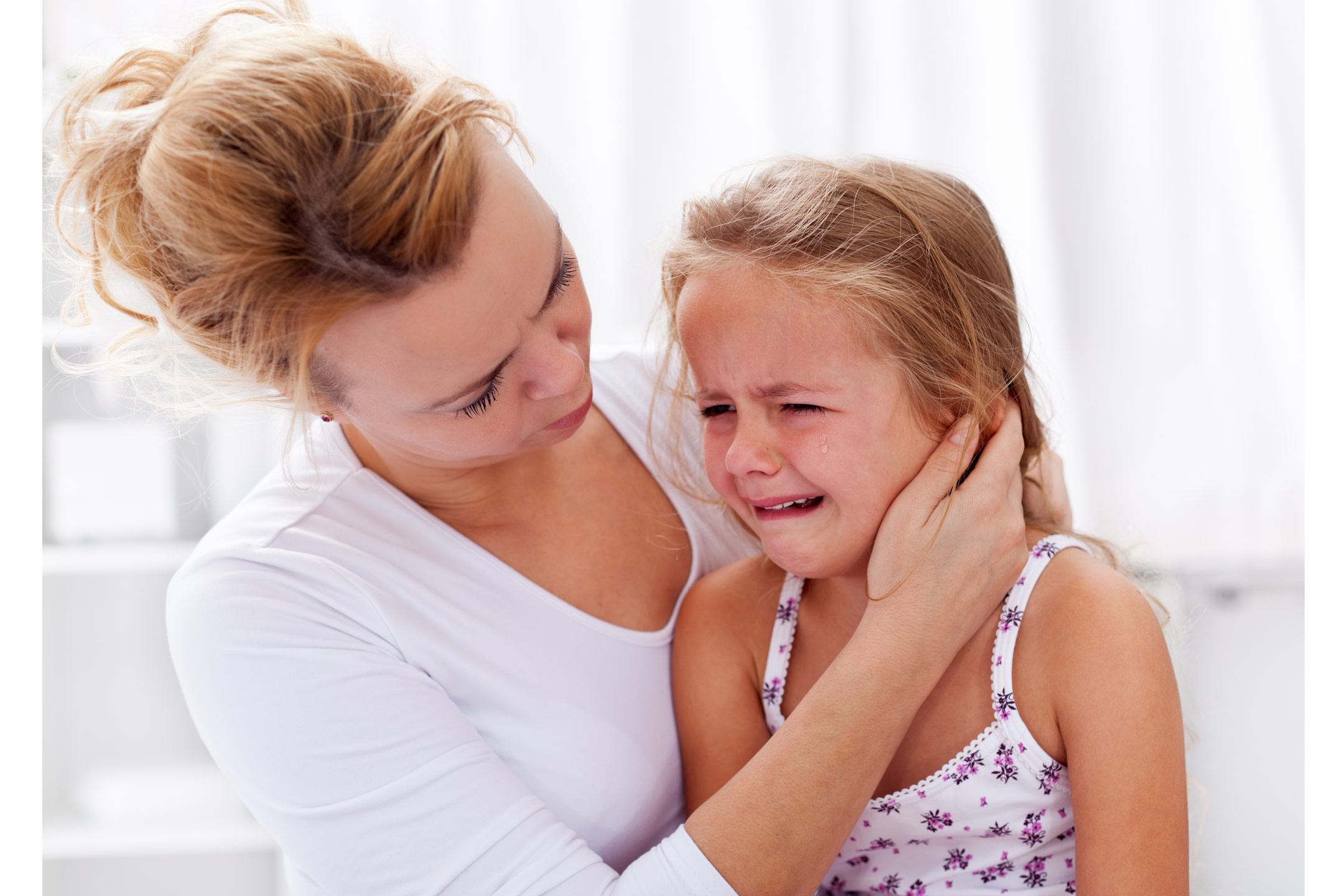
03 Oct Validating Your Child’s Pain: Why It’s Crucial for Their Future Wellbeing
When a child hurts, validating their pain may be the best first aid.
Whether it’s a scraped knee or a fear of needles, how you respond to your child’s pain can significantly shape their ability to manage pain in the future, according to new research from the University of South Australia. The study emphasizes that the way parents and doctors talk to children about their pain can leave a lasting impact on how children perceive and handle discomfort throughout their lives.
The Importance of Validation
When your child is hurt, it’s natural to want to reassure them or downplay the pain, but the research suggests a better approach: validate their experience. According to UniSA researcher Dr Sarah Wallwork, validating a child’s pain means acknowledging their feelings and reactions are real and legitimate. This simple act can strengthen trust between you and your child and help them feel understood.
“When a parent or doctor validates a child’s experiences in a way that matches their expressed vulnerability, it helps the child to feel accepted, builds connection and trust, and may help the child to develop critical skills in regulating their emotions,” says Dr Wallwork.
Why Validation Matters for Pain Management
Validating your child’s pain doesn’t just help at the moment—it sets the stage for how they manage pain later in life. If children feel their pain is acknowledged and respected, they are more likely to trust doctors and follow treatment plans in the future. This is especially important because chronic pain affects 1 in 4 children in Australia, and how children cope with pain early on can influence their long-term health.
However, when pain is dismissed or questioned, it can lead to negative consequences. Dr Wallwork notes that a lack of validation can damage the trust between the child and their doctor or parent. It can also lead to poor emotional regulation, a known factor in chronic pain conditions. “Pain and emotion are inextricably linked, with emotion dysregulation commonly co-occurring with chronic pain,” she explains.
By validating a child’s experience, parents can help reduce negatively biased memories of pain, making it more likely that their child will seek help when needed.
Early Pain Management for Lifelong Benefits
The study also highlights the broader implications of good pain management, especially for children from marginalized groups, who are often under-treated for pain. Chronic pain in children can lead to poor mental health, reduced quality of life, and economic burdens, with Australia seeing losses of over $139 billion annually due to chronic pain.
Addressing pain effectively at an early stage is crucial for a child’s overall well-being. As Dr Wallwork says, “Given the significant burden of chronic pain, and the clear intersection with the rising child mental health crisis, it’s important that we better manage pain earlier on, rather than waiting until it is too late.”

